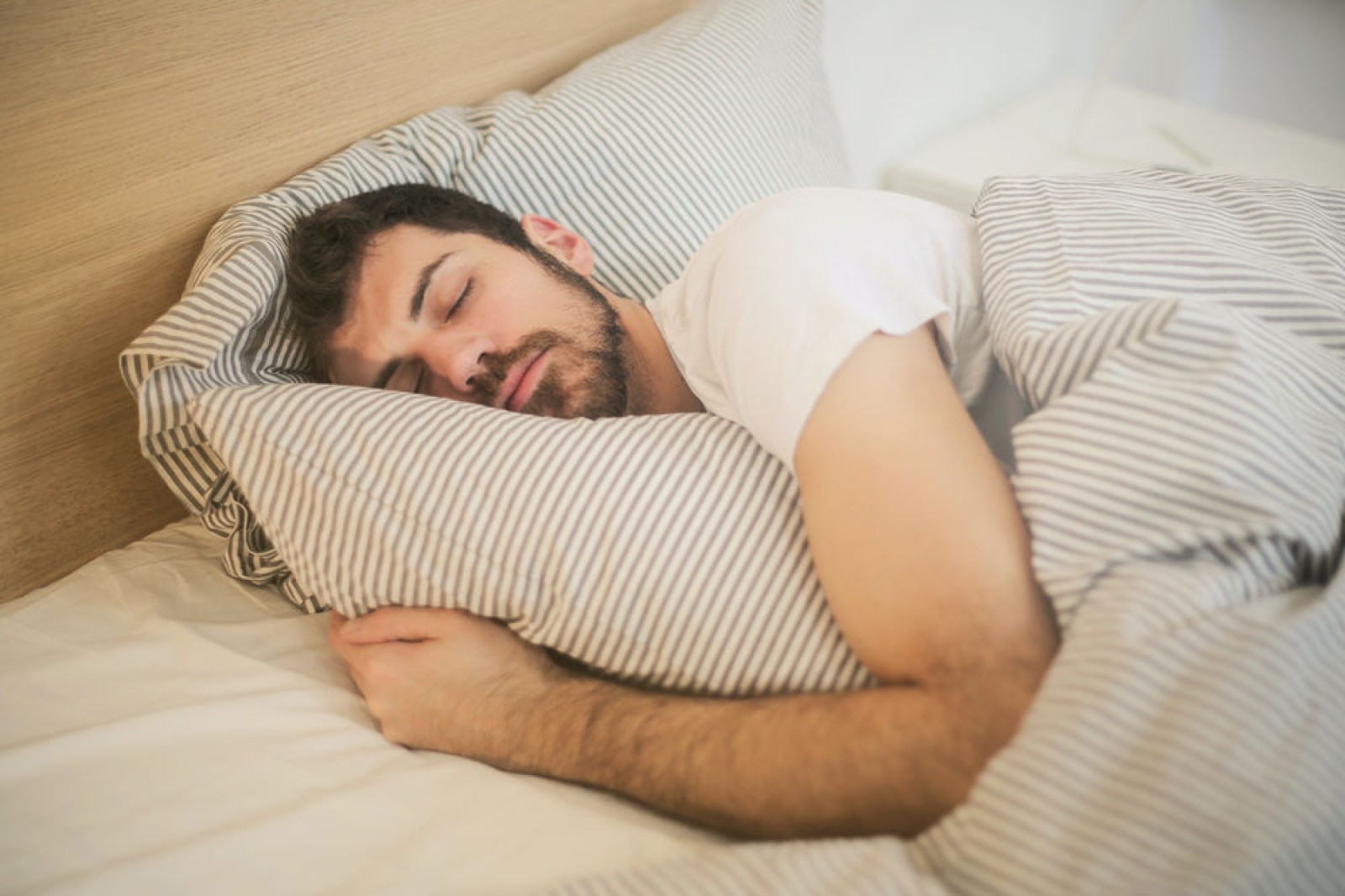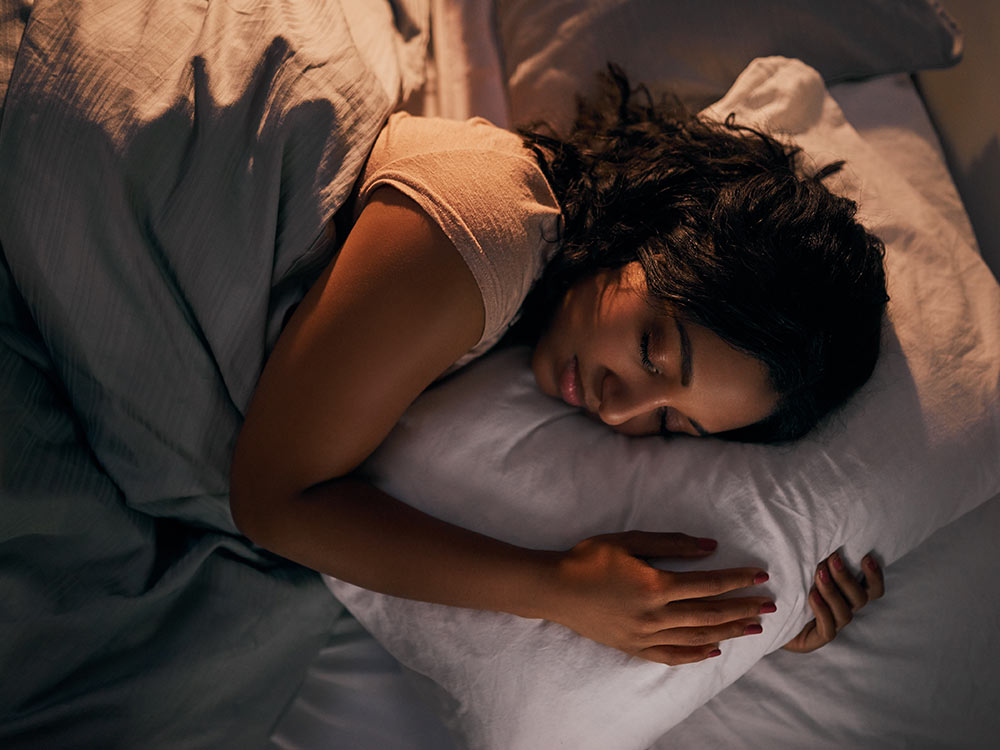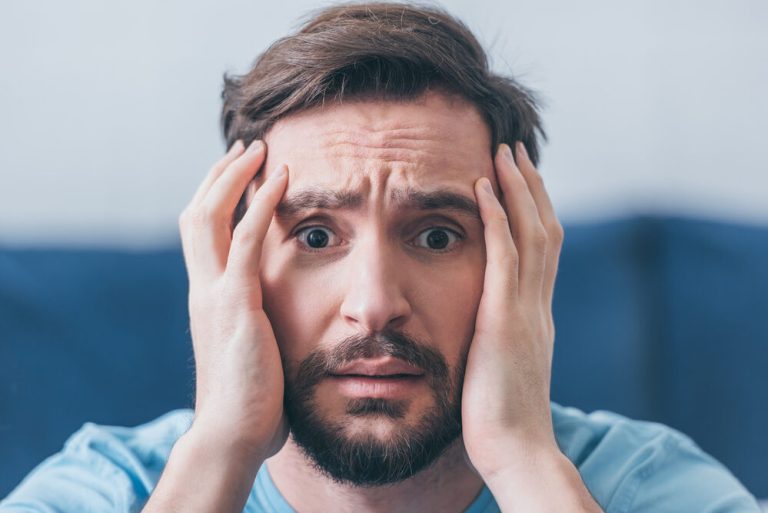Many people toss and turn at night because their thoughts are restless, leading to exhaustion the following day. Poor sleep can exacerbate anxiety, and heightened anxiety makes it harder to sleep. It is an awful cycle that has significant negative effects on both physical and mental well-being. Addressing anxiety and poor sleep is essential to improving your health and overall well-being.
There are several small lifestyle changes that you can make to calm your mind and sleep peacefully. In this article, we will explore the effects of anxiety and poor sleep and how to improve sleep.
Anxiety and insufficient sleep can affect your health in several ways, including increasing certain health risks. Here are some of the negative impacts of anxiety and poor sleep:
1. Mental Health Decline
· Increased Stress & Irritability
· Higher Risk of Depression
· Cognitive Impairment
2. Physical Health Consequences
· Weakened Immune System
· Heart Problems
· Weight Gain & Metabolism Issues
· Headaches & Body Pain
3. Increased Risk of Chronic Conditions
· Diabetes
· Gastrointestinal Issues

4. Behavioural & Lifestyle Impacts
· Reduced Productivity
· Social Withdrawal
· Increased Risk of Accidents
5. Sleep Disorders & Worsening Anxiety
· Insomnia
· Sleep Apnoea & Nightmares
· Increased Sensitivity to Stress
How To Reduce Anxiety and Improve Sleep
1. Establish a Consistent Sleep Schedule
Committing to a healthy sleep schedule is important to improve your sleep. Changing your sleep patterns by going to bed at different times interferes with your body’s ability to regulate sleep-wake cycles. This makes it harder to fall asleep and have a peaceful night of uninterrupted sleep. Committing to a consistent wake-up time, even on weekends, reinforces your body’s sleep drive. You will wake up feeling refreshed and energised after sleeping peacefully. There are times when certain situations may affect your sleep schedule, like working late. If this happens, you should still wake up at your scheduled time and fight the urge to sleep in so you can return to your sleep schedule the following night.

2. Create a Bedtime Ritual That Signals Relaxation
When your mind is overstimulated, you may find it difficult to sleep. This can occur from using your phone, tablet, or computer before bed. These devices emit a blue light that disrupts melatonin, the sleep hormone. It is best to put these devices aside at least 30 minutes before bed and engage in calming activities. You can try reading a book, listening to soothing music, or engaging in gentle yoga. You can also create a relaxing environment with soft lighting and silence, promoting sleep. Additionally, herbal tea or meditation can encourage your body to enter rest mode.
3. Limit Caffeine and Alcohol Consumption
If you are a regular late-afternoon coffee drinker or have a glass of wine before bed, you may experience some challenges with falling asleep. Caffeine stays in your body for hours, disrupting sleep. Meanwhile, alcohol might cause drowsiness but results in fragmented and poor-quality sleep. Avoid drinking coffee or tea and having chocolate too late because the caffeine in these products can affect your sleep pattern. You can have alcohol or coffee early in the afternoon. To quench a late evening thirst, consider having warm milk, herbal tea, or a glass of water.
4. Incorporate Mindfulness and Deep Breathing
You are less likely to sleep at night if your mind is anxious as it goes through your to-do lists and considers issues that concern you. You can ease your mind by practising mindfulness. You can try deep breathing techniques to improve your sleep. Techniques like 4-7-8, in which you inhale for four seconds, hold your breath for seven, and exhale for eight, ease your anxiety by slowing your heart rate and relaxing your nervous system. You can also benefit from journaling, an effective way to clear your mind and ease stress.

